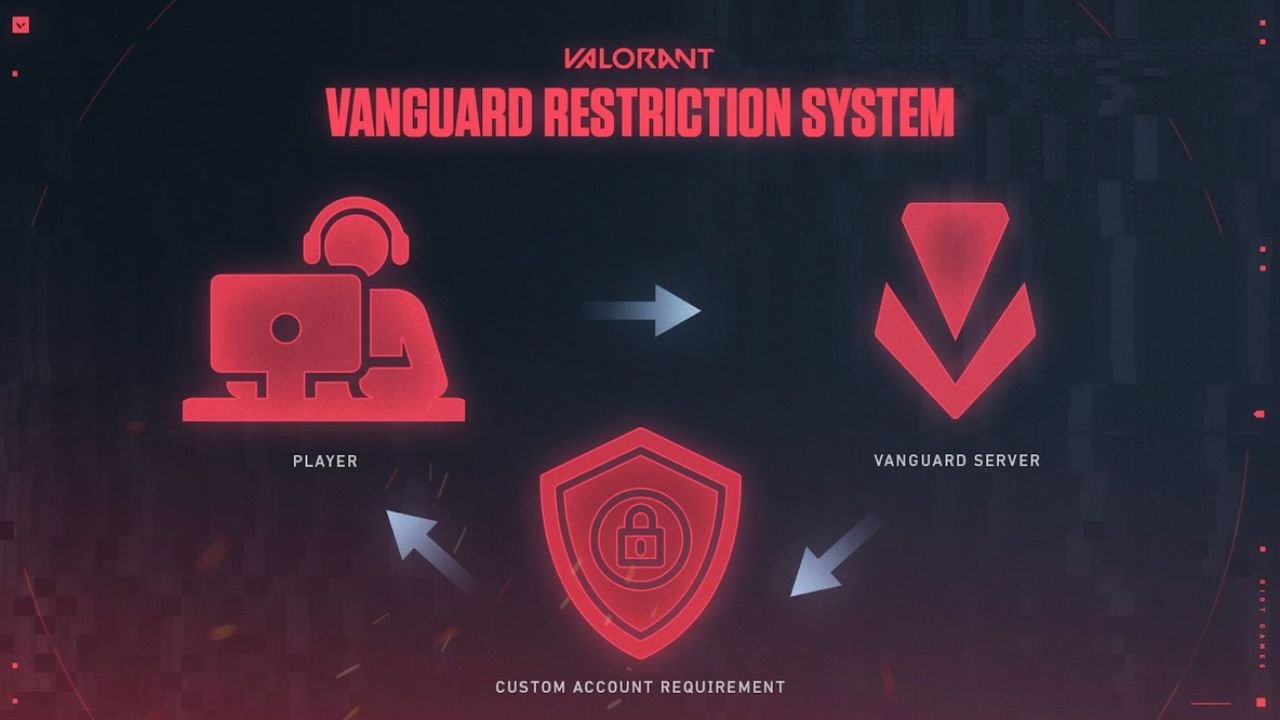In recent years, the issue of cheating in online games has escalated, impacting game enjoyment and competitive balance. This problem affects millions of players and challenges developers to find effective solutions. Today, in 2024, game developers are responding with advanced technology and preventive measures aimed at tackling hacking and cheating. From games like Dota 2 to battle royales and shooters, cheating remains a priority issue that developers are continuously addressing to ensure fair play for all players.
Why Cheating is Widespread in Online Games
Online games attract millions of players, and with them comes a percentage eager to use hacks, aiming for an unfair advantage over others. Cheating methods range from simple “wallhacks” to complex aimbots, often used by players who want quick success without investing time to improve skills. The availability of cheats affects popular games like Dota 2, where tournaments, updates, and Dota 2 roster shuffle periods increase game visibility and the stakes. This demand for cheating, combined with a profitable market for cheats, creates a lasting problem for game developers.
For games with roster rotations and high-stakes competitive events, such as Dota 2 roster updates or major esports tournaments, this issue is even more impactful. Cheating not only affects individual players but also disrupts the competitive balance of games and the authenticity of tournaments. The need for fair play becomes particularly urgent during periods of major changes, like the widely-followed Dota 2 roster shuffle, which has a significant impact on the competitive ecosystem.
Advanced Technology Against Cheaters in 2024
To combat cheating effectively, developers use various technological tools and strategies. Artificial intelligence (AI) and machine learning (ML) are now integral to anti-cheat efforts, as they can detect abnormal behavior patterns among players. For example, AI-powered anti-cheat systems can analyze thousands of gameplay variables to identify possible cheats or hacks. Leading developers, including those working on Dota 2 news and anti-cheat improvements, leverage AI technology to monitor and detect suspicious player activity in real-time.
Another development in anti-cheat technology is the implementation of hardware-based solutions. These solutions verify players’ devices and peripherals, making it harder for cheaters to use unauthorized software or external tools without detection. With these measures, games maintain a level playing field and prevent cheaters from easily bypassing security. Such advances are especially effective in games that undergo frequent updates, like those seen with Dota 2 roster shuffle events, as they create a continuously protected environment.

The Power of Community Reporting in Preventing Cheats
Game developers have also found that community involvement is vital in maintaining a fair environment. Many games now encourage players to report suspicious activity, adding another layer to anti-cheat systems. For example, the Dota 2 community actively reports cheating, which allows developers to conduct timely reviews and take action. Reports from engaged players help developers respond quickly to cheating cases, often removing offenders from the game to maintain fair play.
Dota news sources have shown how community moderation effectively reduces cheating incidents, especially in competitive events. This collaboration between developers and players is proving effective, as trusted reports can reveal cheats that might bypass automated detection. Some platforms even reward players who make accurate reports, motivating the community to contribute to a fairer, more enjoyable gaming experience.

Legal Actions to Combat the Cheating Market
While in-game measures are crucial, some developers are also tackling cheating through legal action. This year, numerous game companies have taken legal steps against prominent cheat developers. Lawsuits target both the individuals and companies that profit by selling cheats, aiming to dismantle the business around hacking. In particular, popular games like Dota 2 face threats from large-scale cheat providers, making legal action a valuable addition to the anti-cheat arsenal.
Lawsuits can impose severe penalties on cheat developers and distributors, discouraging them from creating and selling new hacks. As the cheating economy grows, developers and governments are increasingly aware of the need for comprehensive measures. Law enforcement in regions where eSports are prominent now support anti-cheating campaigns, especially during high-profile periods like Dota 2 roster changes.
Educating Players to Reduce Cheating
Developers are also emphasizing player education to reduce cheating. Many games now include warnings about the consequences of cheating, aiming to inform players about the risks involved. In Dota news, developers highlight that banned players could lose access to valuable items or ranks, discouraging them from using cheats. Such messaging helps build a culture of fair play and mutual respect among players.
Moreover, developers often provide in-game educational prompts, reminding players of the impact of cheating on their accounts and the community. This proactive communication supports players in understanding how cheating undermines the integrity of games. Educational resources, combined with clear policies on penalties, foster an environment where fair play is valued, reducing the appeal of cheating.
Conclusion
As the gaming industry evolves, the issue of cheating in online games continues to pose significant challenges. Developers are actively combating cheaters by implementing advanced technologies, from AI-based anti-cheat systems to hardware verification and legal actions against cheat developers. Additionally, community reporting and player education are proving essential in maintaining a fair and balanced gaming environment. In high-profile games like Dota 2, where events like the Dota 2 roster shuffle influence competitive dynamics, these efforts are critical in preserving the game’s integrity.
By staying proactive and adapting to new cheating methods, developers are committed to providing a secure and fair gaming experience. Their dedication, coupled with community support and legal measures, showcases the industry’s unified stand against cheating. This collaborative effort holds the promise of a future where online gaming remains a fair competition of skill, strategy, and dedication.

